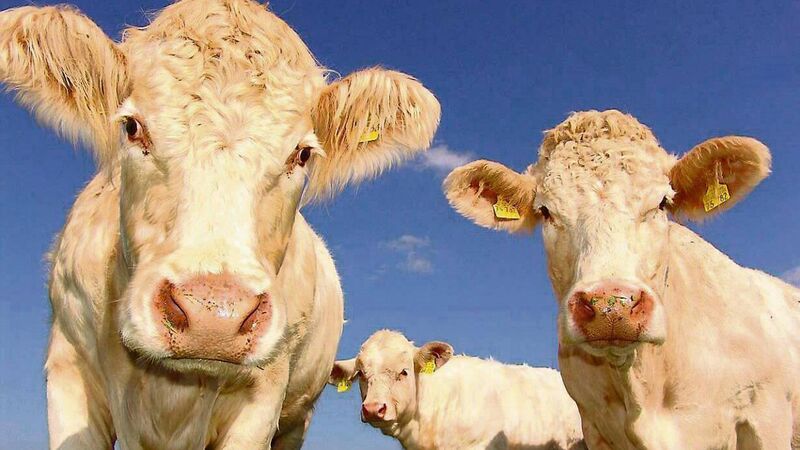Eamon Ryan: Emission targets requiring cut in national herd will be introduced

Members of the agriculture industry say that a major culling of the national herd would be required to achieve a 30% reduction in the sector’s carbon footprint.
Climate Minister Eamon Ryan is adamant that strict carbon emission targets requiring a reduction in the national herd will be introduced.
However, the Green Party leader has stressed that farmers will be provided with alternative income streams and will be financially rewarded for adopting practices that reduce greenhouse gases.
CLIMATE & SUSTAINABILITY HUB













